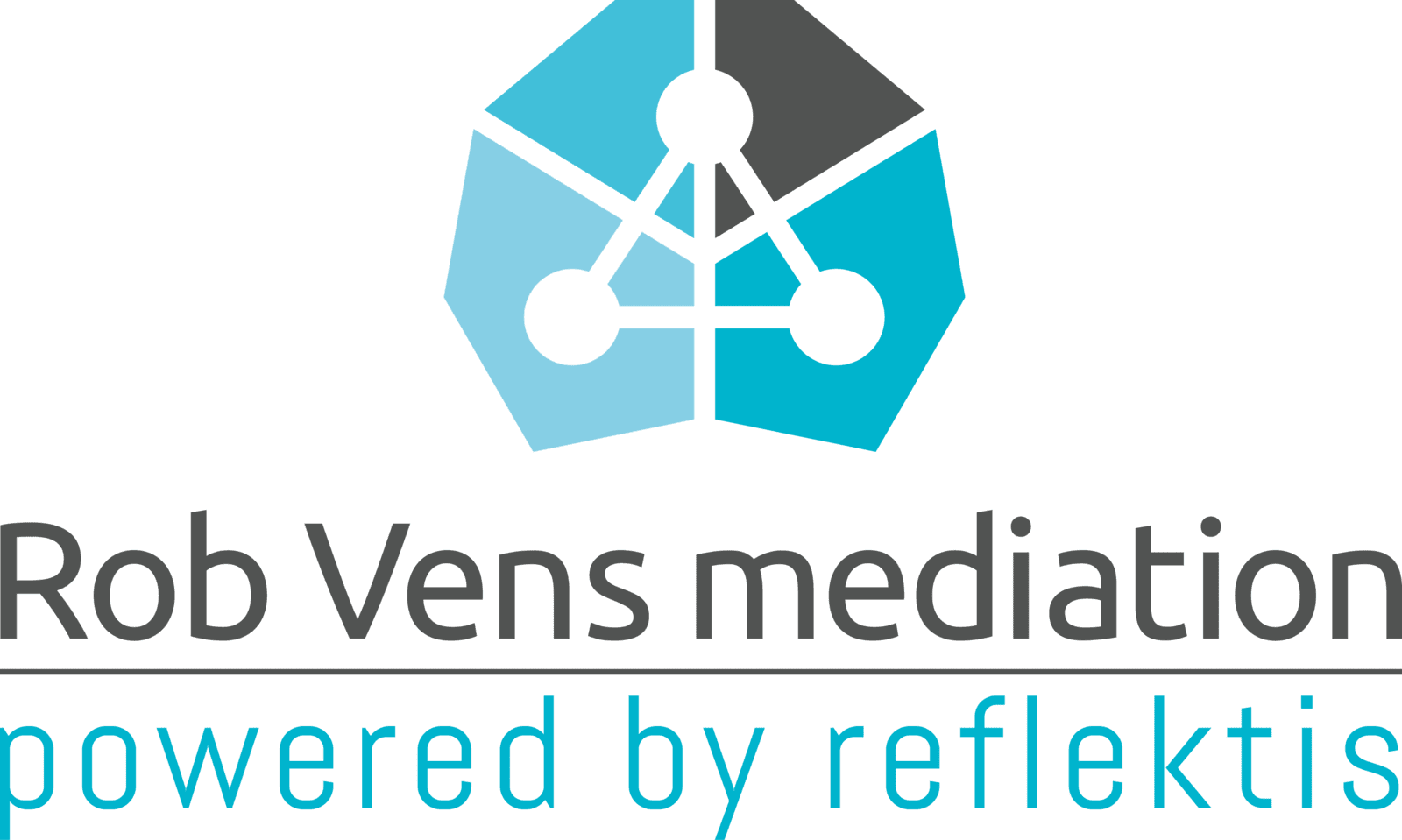Dit artikel is momenteel alleen beschikbaar in de Engelse taal. Bij voldoende belangstelling ben ik gaarne bereid om het in het Nederlands te vertalen. Laat mij dat dus weten!
Introduction
Suffering, the avoiding thereof, and the pursuit of happiness, is a leading theme in modern, western society.
For example in the US Declaration of Independence it has been given an explicit place as one of the three unalienable Rights (next to Life and Liberty).
There may be a nuance of difference between the US and the European interpretation of happiness. In the entire Dutch Constitution for example the word happiness ("geluk") cannot be found! But generally in modern society the pursuit of happiness is almost a fundamentalist "right". I use the term fundamentalist because criticising or even scrutinising this "right" leads to interesting reactions I regard as symptoms of fundamentalist thinking: the dampening of the rational faculty, gut-reactions like "they should KILL people criticising my right to happiness!", and the complete lack of ability to understand the responses of others from the exclusive focus on ones own in-grained responses.
This leads to problematic situations in our modern societies, where riots may take place not because people demand the right to vote, to have a fair share of wealth, or something analogous. No, they may riot because they are not happy, they are suffering and they are convinced this situation is imposed on them by "the enemy", whoever is currently elected in that role.
First I think it important to realise that the "meaning" of the term happiness has (among others) cultural, political, as well as psychological aspects. To be aware of these different aspects is important if we want to keep the discussion clear.
Second, I will try to reason about possible consequences of the fundamentalist way we treat the subject of happiness, in topical issues like embryo selection, euthanasia and genetic manipulation.
Third, I will try to link the almost panicky way this subject is dealt with in modern society with another difficult subject, namely the ego or the illusion of independent and disconnected existence, which is hoped to be the main theme of this article.
To be human is a special privilege - and a blessing in disguise. Our ability to reflect has an implication we find very hard to deal with: the potential for being hypnotised into the illusion of independent existence.
Reflection, the mirror-like quality of life in general and our faculty of thought in particular, is the main theme of this website. I hope to illustrate in everything I write the many aspects of this reflective quality, the reflection of the sun's radiance in the waves so to say.
Language, writing, the printing press and the modern computer are regarded by me as ever increasing levels of reflection (see The ICT Revolution). We can think about ourselves, but more importantly: we can regard ourselves while doing so, ad infinitum (see yourself, while you are seeing yourself, thinking). Reflection has a fractal aspect.
Life itself has this reflective property even on the most primitive levels, and modern research is increasingly showing that simple models for life's interdependence are not sufficient. Modern science has brought with it many blessings, but has the propensity to adorn its adherents with arrogance. This is hindering scientific progress significantly.
To be continued...

